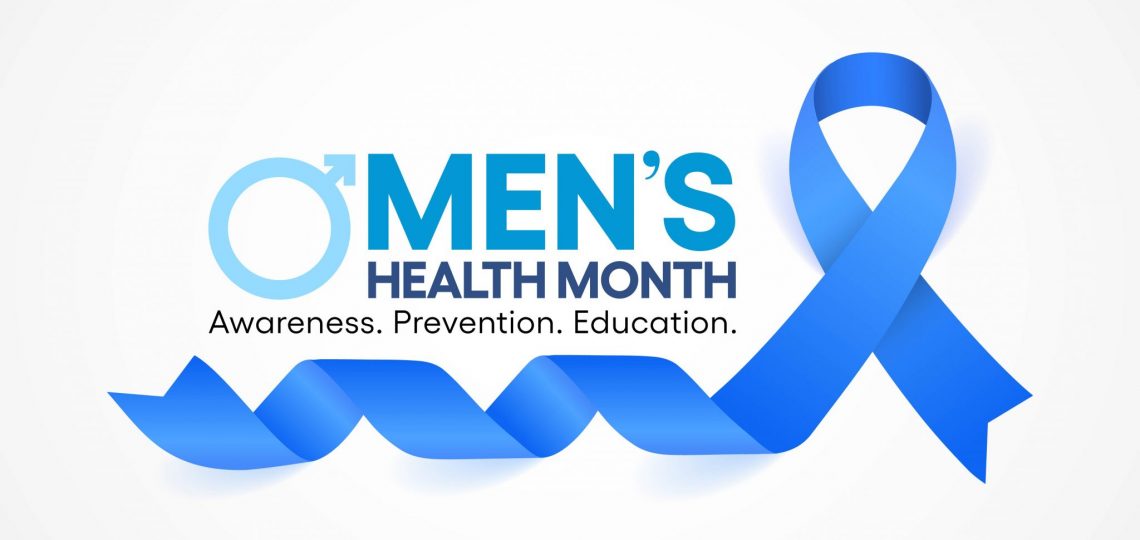Introduction
Men’s health is more than just going to the gym or avoiding illness—it’s about building a lifestyle that supports physical strength, mental clarity, emotional balance, and longevity. Yet, many men often ignore early signs of health issues or delay routine checkups, which can lead to more serious complications down the road.
Download our Men’s Health Checklist!
This article breaks down the key areas of men’s health and offers practical tips to stay on top of your game, physically and mentally.
1. Physical Health: The Foundation of Wellness
Heart Health
Cardiovascular disease remains the leading cause of death among men worldwide. Risk factors include poor diet, smoking, lack of exercise, and unmanaged stress.
Tips:
- Exercise for at least 150 minutes weekly (e.g., brisk walking, cycling, resistance training).
- Eat a heart-healthy diet rich in fiber, lean protein, and healthy fats.
- Get regular blood pressure and cholesterol checks.
Weight Management
Obesity increases the risk for diabetes, heart disease, and certain cancers.
Tips:
- Monitor your calorie intake.
- Avoid processed foods and sugary drinks.
- Prioritize sleep, as lack of rest can affect metabolism.
2. Mental Health: A Crucial Yet Overlooked Priority
Men are less likely than women to seek help for mental health issues, often due to societal pressures to “tough it out.” However, depression, anxiety, and stress can significantly affect quality of life.
Tips:
- Don’t hesitate to talk to a mental health professional.
- Practice mindfulness, meditation, or journaling.
- Stay connected with friends and family, social support matters.
3. Sexual and Reproductive Health
Reproductive wellness, including testosterone levels and prostate health, is crucial for overall vitality.
Tips:
- Have regular screenings for prostate issues, especially after age 40.
- Talk to your doctor about changes in libido, erectile function, or hormone levels.
- Use protection to prevent sexually transmitted infections.
4. Cancer Screenings: Prevention and Early Detection
Routine screenings can catch cancer early, when it’s most treatable.
Key Screenings:
- Prostate cancer (start discussing with your doctor around age 45–50)
- Testicular cancer (often affects younger men, self-exams are vital)
- Colorectal cancer (screening typically begins at age 45)
5. Lifestyle Choices That Make a Difference
Sleep
Aim for 7–9 hours of quality sleep per night. Sleep deprivation can impair cognitive function, hormone production, and immune health.
Alcohol & Tobacco
Limit alcohol intake and quit smoking. Both have long-term impacts on nearly every organ in the body.
Stress Management
Chronic stress can lead to a host of health problems, including heart disease and depression.
Tips:
- Identify stress triggers and manage them proactively.
- Incorporate relaxation techniques into your daily routine.
Final Thoughts
Men’s health involves more than avoiding illness; it includes thriving at every life stage. Focus on screenings, fitness, and emotional well-being today for a healthier future.
Take Action Today:
- Schedule a physical check-up.
- Commit to one new healthy habit.
- Talk openly about health with the men in your life.
Your health is your greatest asset. Invest in it.




